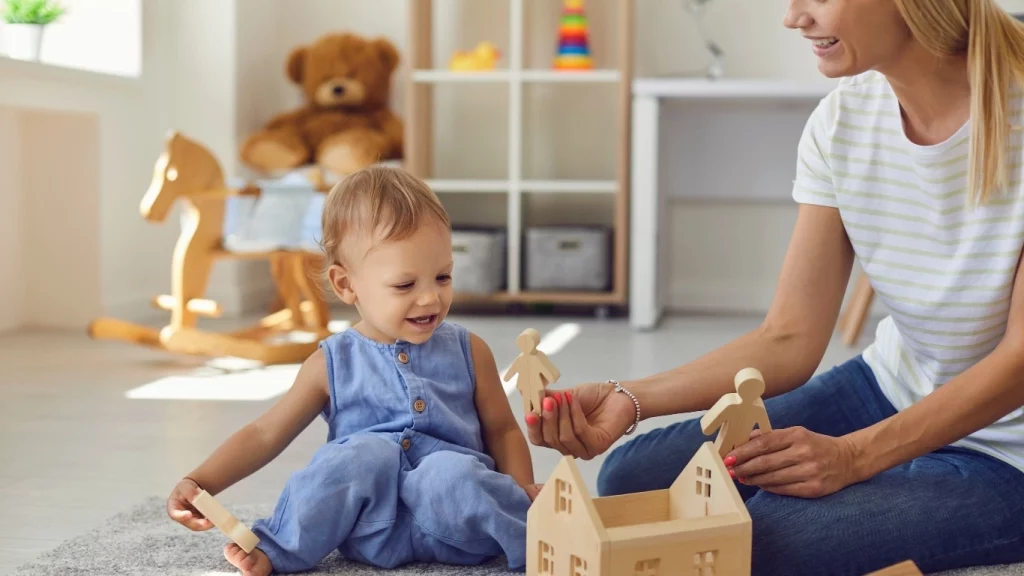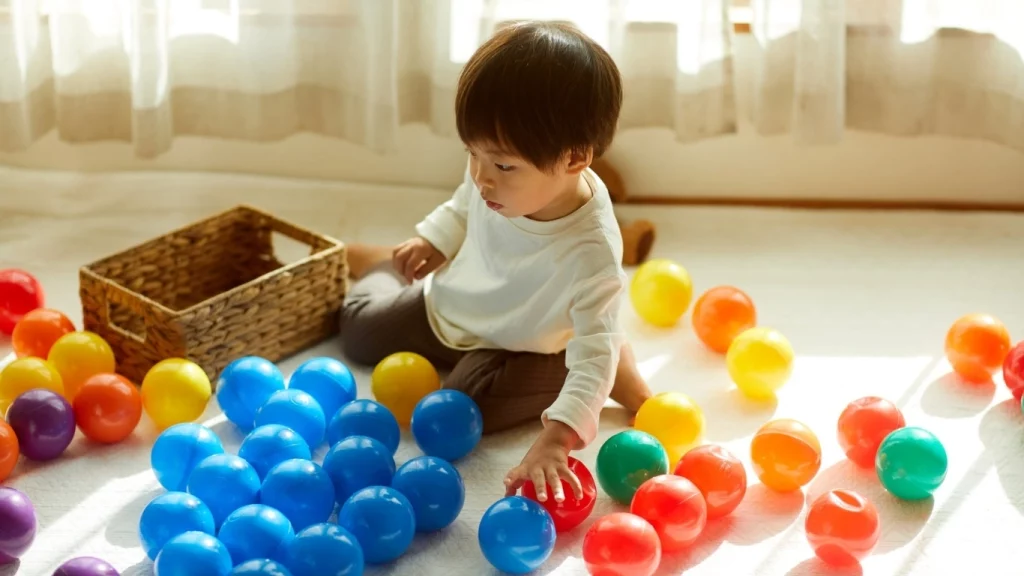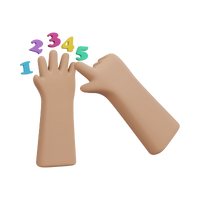
Why Kids Ask “Why?” (And Why We Love It at Joyous Montessori)
If you’ve ever spent time with a preschooler, you know the question that seems to pop up every five minutes: “Why?”
Why is the sky blue? Why do I have to eat vegetables? Why do birds fly? Why can’t I stay up late?
For parents, this endless stream of “whys” can sometimes feel overwhelming. But at Joyous Montessori, we believe those tiny questions are actually big windows into your child’s growing mind. In fact, curiosity is at the very heart of Montessori education, and we wouldn’t have it any other way.
The Science Behind “Why”
Children are natural scientists. Every “why” is an experiment, a hypothesis, and a chance to test the world around them. Research shows that asking questions helps kids:
- Build stronger problem-solving skills
- Develop language and communication abilities
- Strengthen memory and critical thinking
- Boost creativity and confidence
In short, each “why” is your child’s way of making sense of life and laying the foundation for lifelong learning.


Why Montessori Encourages Curiosity
Traditional classrooms often focus on memorization and “right” answers. Kids are expected to listen, follow, and absorb. But in a Montessori classroom, curiosity is celebrated as a powerful learning tool.
At Joyous Montessori, we encourage children to:
- Explore freely within a prepared, safe environment
- Choose activities that interest them most
- Learn through hands-on experiences instead of passive instruction
- Ask questions and investigate rather than accept answers at face value
This approach transforms “Why?” into a journey of discovery rather than a point of frustration.
How Teachers Respond to “Why” in Montessori
Instead of shutting down a child’s question with a quick response, Montessori guides (teachers) use questions as opportunities to spark deeper thinking. For example:
- Child: “Why is the plant leaning toward the window?”
- Teacher: “That’s interesting! What do you notice about the light? Do you think the plant might be reaching for something?”
This kind of response does two things:
- It acknowledges the child’s curiosity as valuable.
- It encourages the child to explore further, maybe even by experimenting, moving the plant, and observing what happens.

In this way, every “why” becomes the start of an investigation, not the end of the conversation.

The Joyous Montessori Difference
At Joyous Montessori, we understand that every child learns at their own pace. Curiosity is not just tolerated, it’s embraced as part of daily life. Our classrooms are designed to encourage wonder and discovery:
- Hands-on materials that invite children to touch, explore, and experiment
- Mixed-age groups that allow younger children to learn from older peers, and vice versa
- Freedom of choice that helps kids follow their natural interests
- A calm, respectful environment where questions are valued and children feel safe to express themselves
By nurturing curiosity, we prepare children not just for school, but for life.
Why Parents Love Our Approach
Many parents tell us they notice a big difference when their children experience Montessori learning. Kids become:
- More independent (“I can do it myself!”)
- More confident in asking questions and solving problems
- Better at expressing emotions and thoughts
- Excited to share discoveries at home (“Mom, did you know…?”)
These are the lifelong benefits of honoring that little word why.
Helping Parents Embrace the “Why” at Home
We know parents sometimes struggle with the constant questions. Here are a few Montessori-inspired tips to keep curiosity alive at home:

Pause before answering
Ask your child, “What do you think?” to spark their own reasoning.

Explore together
If you don’t know the answer, look it up, experiment, or observe together.

Encourage hands-on learning
Kids learn more by touching, moving, and experiencing than by just listening.

Celebrate curiosity
Instead of sighing at the 50th “why,” try to see it as a sign of growth.
When children feel their curiosity is respected, they stay engaged and eager to learn.
The Big Picture: Why We Love “Why”
At Joyous Montessori, we don’t see “why” as a nuisance. We see it as a gift. A curious child is an engaged child. An engaged child is well on their way to becoming a lifelong learner, problem solver, and confident thinker.
So the next time your child asks, “Why?” remember:
It’s not just a question, it’s the start of a discovery.
And at Joyous Montessori, we’ll always welcome that journey.
Ready to see curiosity in action?
Schedule a tour at Joyous Montessori today and discover how we nurture your child’s natural love of learning.
👉 Visit Joyous Montessori
